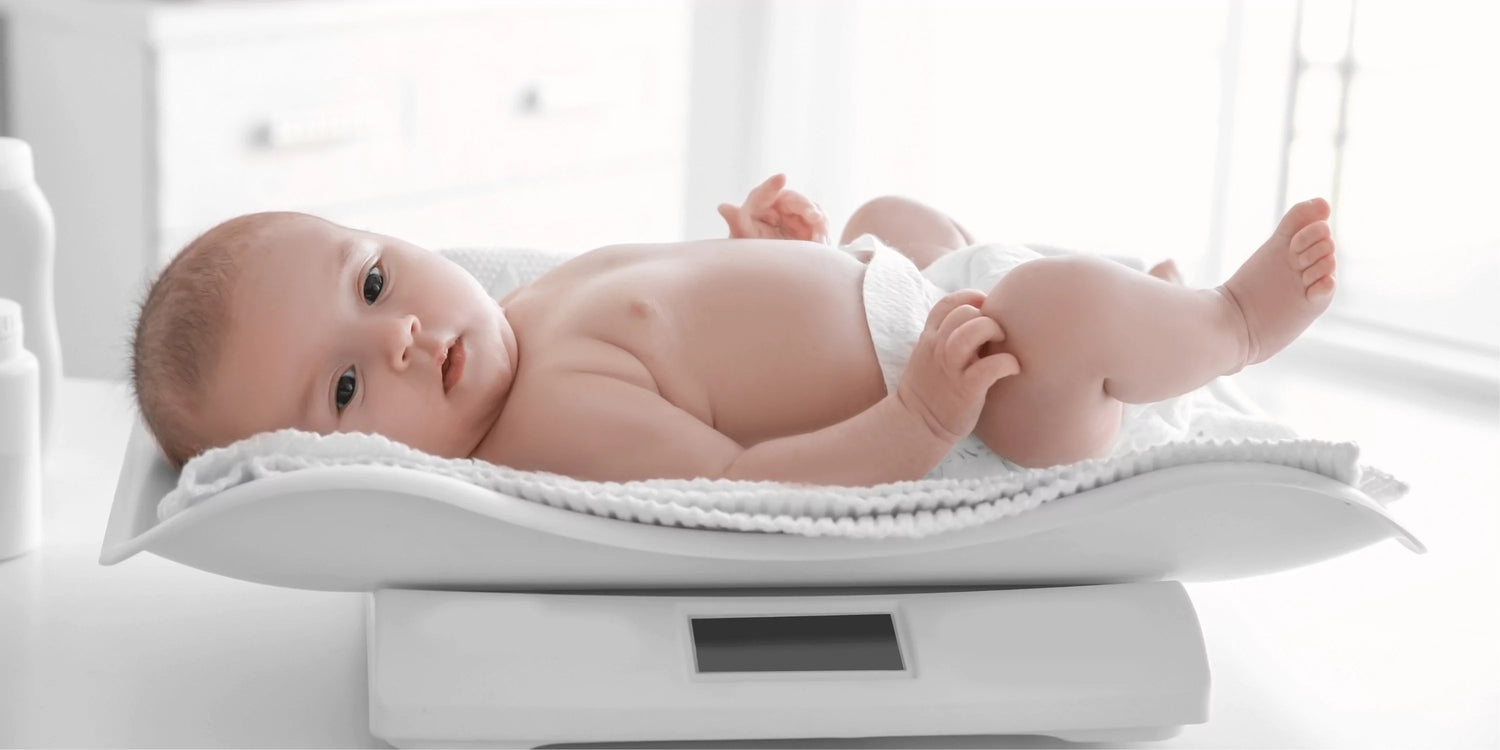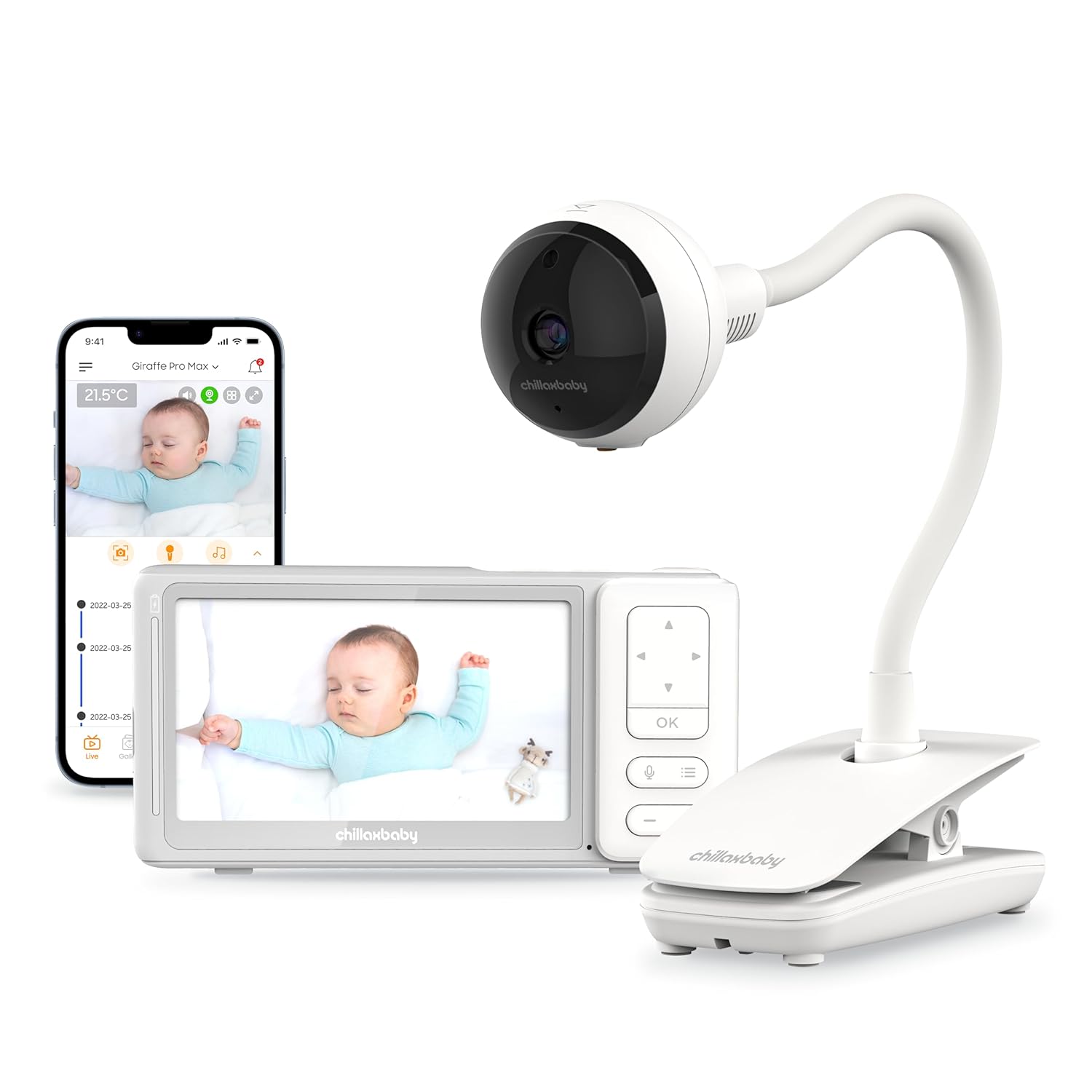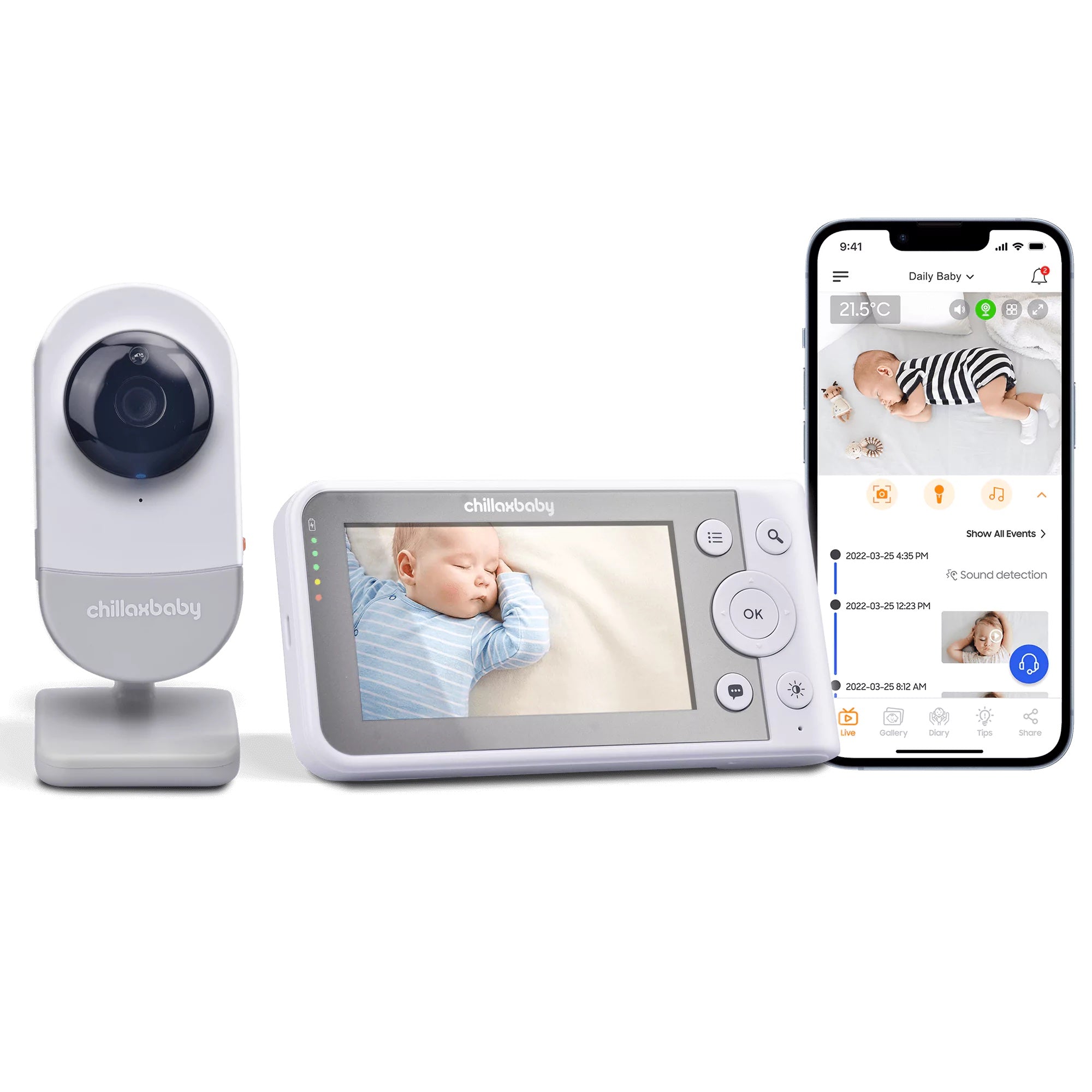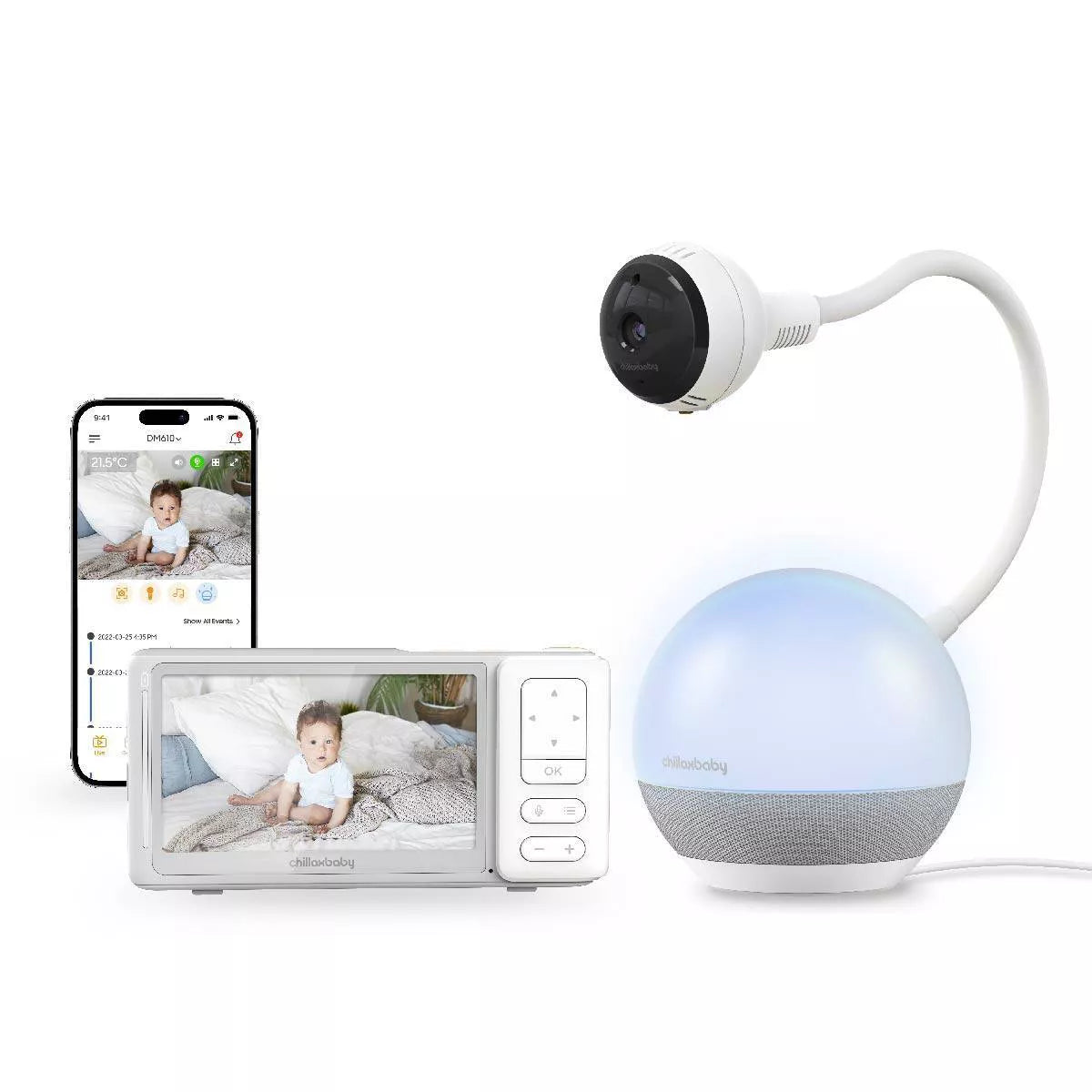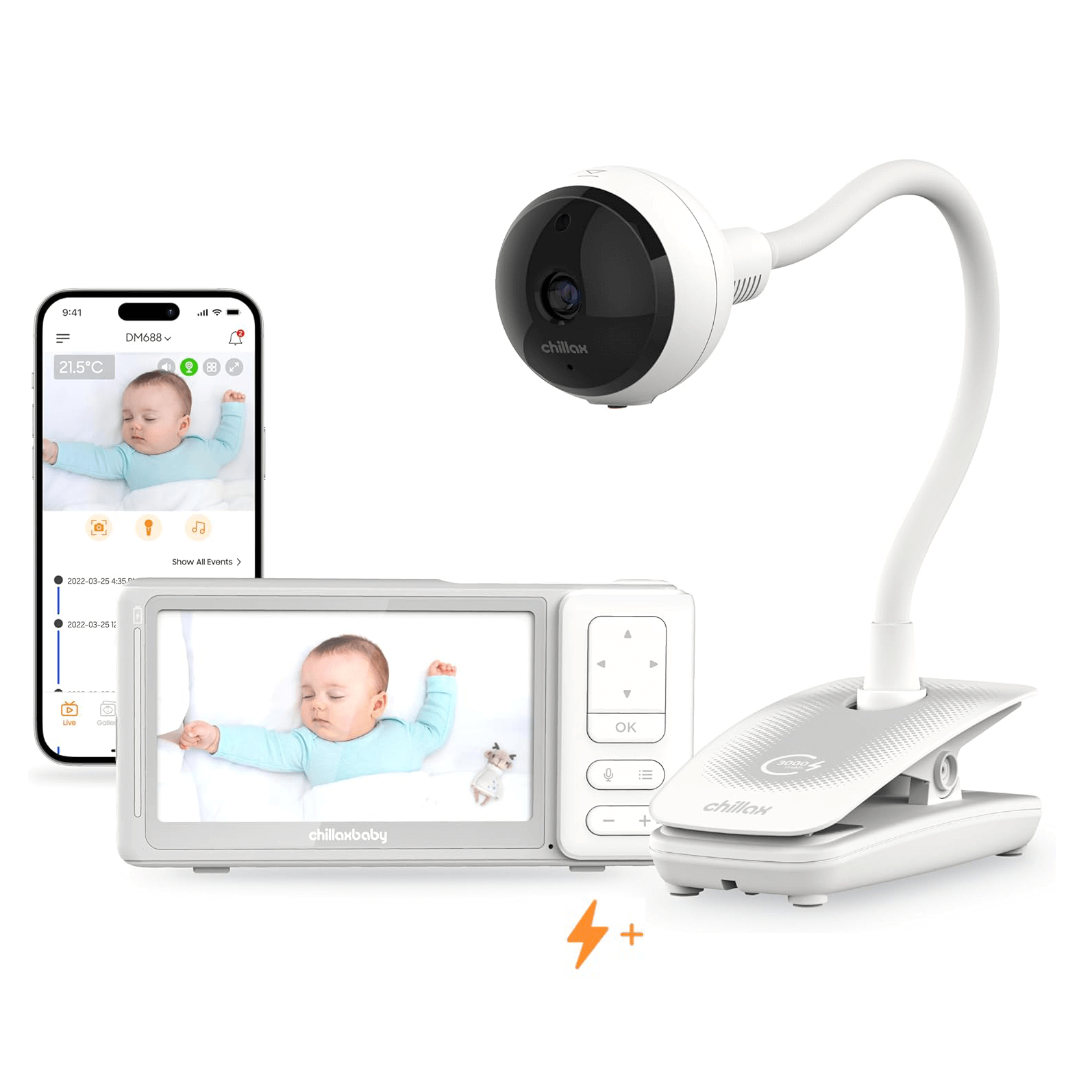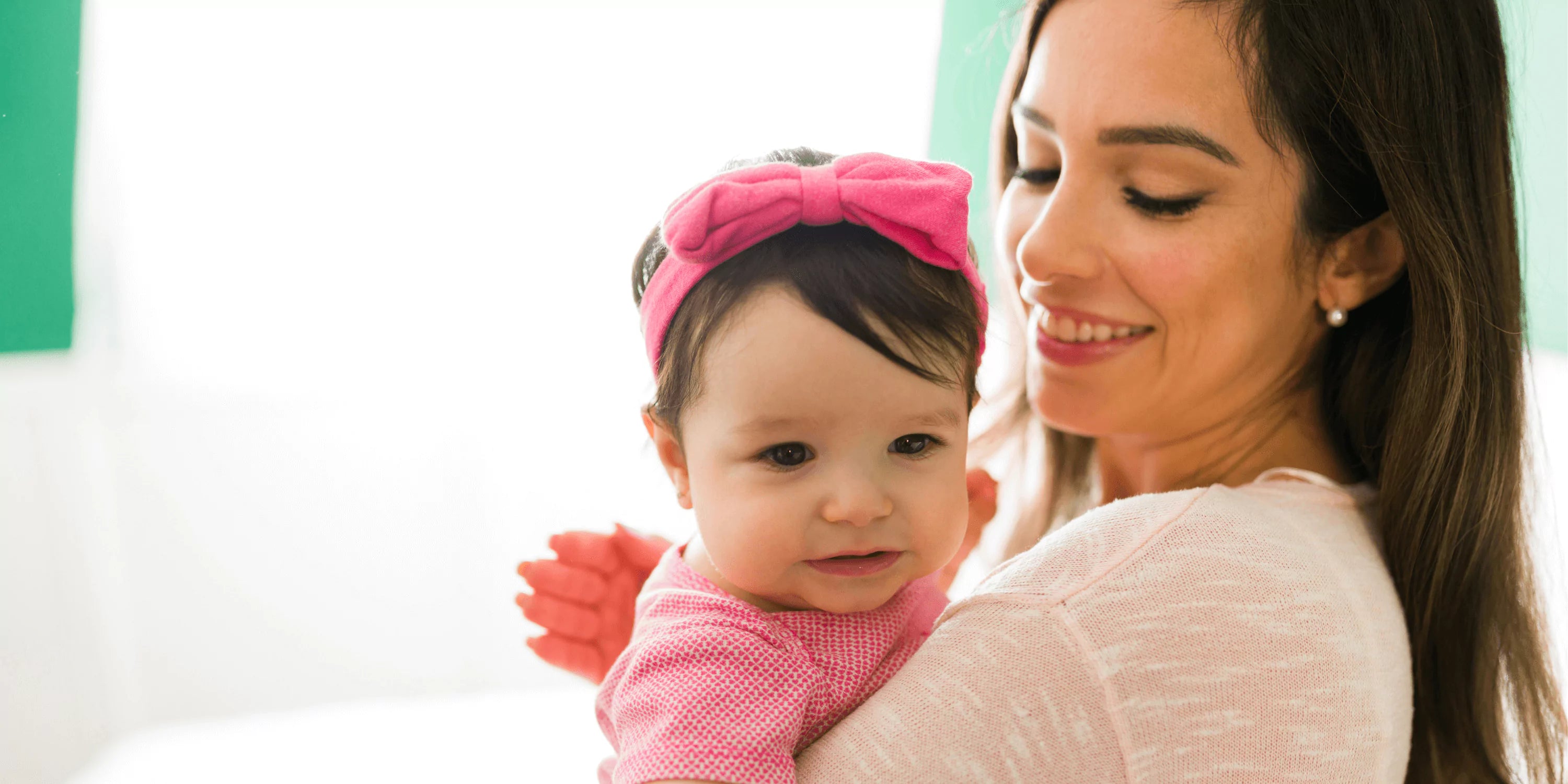How to Weigh Baby at Home
As a new parent, it can be nerve-wracking to constantly worry about your baby's weight gain. Regular weight checks are important for monitoring your baby's growth and development, but it can be inconvenient and expensive to visit the doctor's office every time you want to weigh your baby.
Fortunately, there are ways to weigh your baby at home using a baby scale. In this article, we'll discuss the importance of weighing your baby, the different types of baby scales available, and how to properly weigh your baby at home.
Why Is Weighing Your Baby Important?
Monitoring Growth and Development
Regular weight checks are crucial for monitoring your baby's growth and development. During the first year of life, babies typically triple their birth weight. This rapid growth is essential for their overall health and development.
By regularly weighing your baby, you can ensure that they are gaining weight at a healthy rate. If your baby is not gaining enough weight, it could be a sign of an underlying health issue that needs to be addressed.
Tracking Breastfeeding Success
For breastfeeding mothers, weighing your baby can also help track the success of breastfeeding. Breastfed babies typically gain weight at a slower rate than formula-fed babies, but it's important to make sure they are still gaining weight consistently.
Weighing your baby before and after a feeding can help determine how much milk they are getting and if they are getting enough to support their growth.
Types of Baby Scales
There are several types of baby scales available for at-home use. Here are the most common options:
Digital Scales
Digital scales are the most accurate and reliable option for weighing your baby at home. They typically have a large, easy-to-read display and can measure weight in both pounds and kilograms.
Some digital scales also have a "hold" function, which allows you to get an accurate weight even if your baby is moving around. This can be helpful for wiggly babies who don't like to sit still on the scale.
Mechanical Scales
Mechanical scales, also known as balance scales, use a lever and weights to measure weight. They are less expensive than digital scales, but they can be less accurate and more difficult to read.
Mechanical scales also require regular calibration to ensure accuracy, which can be a hassle for busy parents.
All-in-One Scales
All-in-one scales are a newer option on the market that combines a baby scale with a changing table. These scales are convenient for parents who want to weigh their baby during diaper changes.
However, they can be more expensive and take up more space than traditional baby scales.
How to Weigh Your Baby at Home
Now that you know the importance of weighing your baby and the different types of baby scales available, let's discuss how to properly weigh your baby at home.
Gather Your Supplies
Before weighing your baby, make sure you have all the necessary supplies. This includes a baby scale, a clean diaper, and a towel or blanket to place on the scale for comfort. Oh, and don't forget your baby!
Choose a Time
It's important to weigh your baby at the same time each day for consistency. The best time to weigh your baby is in the morning, before their first feeding. This will give you the most accurate weight, as their weight can fluctuate throughout the day.
Prepare Your Baby
Before placing your baby on the scale, make sure they are wearing only a clean diaper. Remove any clothing or blankets that could add extra weight.
Weigh Your Baby
Place your baby on the scale and make sure they are lying flat and still. If your scale has a "hold" function, press it to get an accurate weight. If not, wait until your baby is still to get an accurate reading.
Record the Weight
Once you have an accurate weight, record it in a journal or on a growth chart. This will help you track your baby's weight gain over time.
Clean and Store the Scale
After weighing your baby, make sure to clean the scale with a disinfectant wipe or spray. Store the scale in a safe place until the next use.
Tips for Accurate Weighing
Here are some additional tips to ensure you get an accurate weight when weighing your baby at home:
Use the Same Scale
For the most accurate weight tracking, use the same scale each time you weigh your baby. Different scales can have slight variations in weight readings, so using the same scale will give you a consistent measurement.
Weigh Your Baby Naked
Clothing and diapers can add extra weight and affect the accuracy of the scale. To get the most accurate weight, weigh your baby naked.
Keep Your Baby Still
Babies are known for their wiggles, which can make it difficult to get an accurate weight. Try to keep your baby still by distracting them with a toy or singing to them.
Don't Panic Over Small Changes
It's normal for babies to have small fluctuations in weight from day to day. As long as your baby is gaining weight consistently over time, there is no need to panic over small changes.
Conclusion
Weighing your baby at home is a convenient and cost-effective way to monitor their growth and development. By using a baby scale and following the tips outlined in this article, you can ensure that your baby is gaining weight at a healthy rate.
Remember to always consult with your pediatrician if you have any concerns about your baby's weight gain. With regular weight checks and proper monitoring, you can help your baby thrive and reach their full potential.


